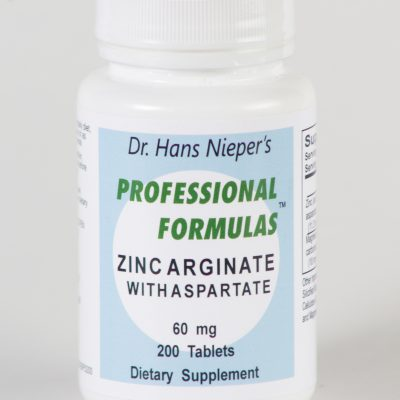Introduction

Table of Contents
Cancer remains one of the most formidable challenges in modern health care, prompting many patients and their families to explore a variety of cancer options. While conventional treatments like chemotherapy and radiation therapy are widely accepted, an increasing number of individuals are showing interest in alternative cancer options. This article delves into various alternative treatments, emphasizing the use of vitamins, dietary changes, and lifestyle adjustments aimed at complementing traditional therapies.
Understanding Alternative Treatments
Alternative cancer treatments encompass a broad spectrum of practices that fall outside the realm of standard medical care. These methods can include dietary modifications, the use of vitamins and supplements, herbal remedies, and more. People pursue these options in hopes of enhancing their overall well-being, boosting their immune system, and even improving their chances of recovery.
The Growing Interest in Alternative Cancer Methods
As the internet provides access to a wealth of information, people have become more empowered to seek alternative cancer treatments. The rise of social media and online support groups has allowed users to share their experiences, making it easier for others to find alternative therapies that resonate with them. This growing community has spurred interest in various options, prompting research and dialogues about effective strategies for cancer management.
In tandem with this shift, many individuals are beginning to recognize that addressing cancer requires a holistic approach. They are not only considering the cancer itself but also the underlying factors contributing to their health. These factors include lifestyle choices, emotional well-being, and nutritional status, all of which can play a significant role in the cancer journey.
Vitamin C as an Alternative Treatment
The Role of Vitamin C in Cancer Therapy
Vitamin C, known for its antioxidant properties, has garnered attention as a potential alternative treatment for cancer. Proponents suggest that high-dose vitamin C can enhance the immune response, reduce inflammation, and even kill cancer cells.
Studies have shown that intravenous vitamin C (IVC) can achieve significantly higher plasma concentrations than oral intake, leading to more pronounced effects. This method has been explored for its potential to improve the quality of life for cancer patients, alleviate side effects of chemotherapy, and even increase the effectiveness of certain treatments.
Research Supporting High-Dose Vitamin C
Numerous studies highlight the promise of high-dose vitamin C in cancer treatment. For example, research published in the journal Science Translational Medicine indicated that IVC can inhibit the growth of certain cancer cells. The therapy was shown to induce oxidative stress selectively in cancer cells, while sparing normal cells from damage, an outcome that could enhance treatment efficacy and safety.
Incorporating Vitamin C into Your Diet
In addition to therapeutic doses, incorporating vitamin C-rich foods into one’s diet can contribute to overall health. Fruits like berries and kiwi, along with vegetables such as bell peppers and broccoli, are excellent sources of vitamin C. A diet rich in these foods can support the immune system and provide essential nutrients that may be lacking in a cancer person’s diet.
Vitamins and Supplements

Key Vitamins that Support Immune Function
Vitamins play a crucial role in supporting immune function, which is especially important for cancer patients. In particular, vitamins A, C, and E are known for their antioxidant properties that can help combat oxidative stress in the body. Vitamin A supports immune cell function and skin health, while vitamin E is essential for maintaining cell membrane integrity.
The Importance of Vitamin D in Cancer Prevention
Vitamin D has emerged as a significant player in cancer prevention and treatment. Research suggests that adequate vitamin D levels may reduce the risk of certain cancers, including breast, prostate, and colorectal cancers. This vitamin helps regulate cell growth and can influence the cancer cell cycle, thereby providing a protective effect against tumor development.
For many individuals, especially those with limited sun exposure, vitamin D deficiency is a common concern. Testing vitamin D levels and considering supplementation can be particularly beneficial for cancer patients, as maintaining optimal levels can support overall health and well-being.
Choosing Quality Supplements
When considering vitamins and supplements, the quality of the product is paramount. The supplements market is vast, but not all products are created equal.
Here at Health Always we always seek out reputable brands that undergo third-party testing for purity and potency. Furthermore, a tailored approach based on individual needs and medical history is our best strategy for incorporating supplements for a personalized cancer treatment plan.
The Impact of Diet on Cancer Treatment

Anti-Inflammatory Foods
Diet significantly influences cancer treatment outcomes, with particular attention to the role of inflammation in cancer progression. Anti-inflammatory foods can help mitigate chronic inflammation, which is often linked to cancer development. Foods rich in omega-3 fatty acids, such as Salmon or other fatty fish, flax seeds, and walnuts, are known to possess anti-inflammatory properties that can benefit cancer patients.
In addition to omega-3s, high carbohydrate foods should be avoided. Use only low-carb fruits as berries, granny smith apples and vegetables can provide essential phytochemicals that reduce inflammation. Berries, leafy greens, and cruciferous vegetables like broccoli and kale can all contribute to an anti-inflammatory diet, potentially improving treatment efficacy and patient quality of life. Avoid candy and sugar at all costs.
Plant-Based Diets and Their Benefits
Research increasingly supports the benefits of plant-based diets for cancer prevention and management. A diet rich in whole grains, legumes, fruits, and vegetables not only provides vital nutrients but also supplies fiber that aids digestion and supports a healthy microbiome, which is critical for optimal immune function.
Studies have shown that plant-based diets may lower the risk of cancer recurrence and improve overall survival rates. Patients are encouraged to work with a alternative doctor, like Dr. Ray Psonak, to create a diet that supports their health goals and treatment protocols.
Foods to Avoid During Treatment
Alongside incorporating beneficial foods, it is equally important for patients to be aware of foods to avoid during cancer treatment. Processed foods, sugars (including foods that are high in carbohydrates that turns to sugar, or glucose, in the body), and trans fats can exacerbate inflammation and undermine the immune system. Additionally, alcohol consumption will interfere with treatment efficacy and increase the risk of complications, as well as smoking. Heavy metal testing should be performed if suspected.
Patients should aim to limit or eliminate these harmful foods from their diet, focusing instead on nutrient-dense, whole foods that provide the necessary building blocks for recovery. Careful dietary choices can significantly impact treatment outcomes and overall well-being.
Tests and Monitoring in Alternative Methods
Importance of Regular Testing
Regular testing and monitoring are critical components of any cancer treatment approach, including alternative methods. Comprehensive testing can help gauge the effectiveness of treatments, track progress, and identify potential complications early on.
Patients engaging in alternative cancer treatments should maintain open communication with their healthcare team, ensuring that their progress is closely monitored. Regular blood tests, imaging studies, and other assessments can provide valuable insights into the effectiveness of both conventional and alternative therapies.
Conclusion
Embracing Alternative Treatments for Holistic Care
From the incorporation of dietary modifications to high-dose vitamin C and careful supplementation, patients have a variety of options to consider. Ultimately, embracing alternative treatments within a holistic framework can empower patients to navigate their cancer journey more effectively. By making informed choices that align with individual health goals and values, they can foster a sense of effectiveness over their treatment process.
Final Thoughts on Alternative Cancer Methods
In conclusion, the pursuit of alternative methods in cancer treatment is a matter of enhancing the overall healthcare treatment. When thoughtfully sought, alternative approaches can create a comprehensive strategy that prioritizes patient preferences and promotes overall health. By remaining informed, seeking professional guidance, and advocating for their well-being, patients can navigate their cancer journey with confidence.
FAQ’s
What are alternative cancer treatments?
Alternative cancer treatments refer to methods that fall outside traditional medical practices of chemo, pharmaceutical, surgery, and , including dietary changes, supplements, herbs, and mind-body therapies aimed at improving overall health and supporting conventional treatments.
Is vitamin C effective in treating cancer?
High-dose vitamin C has shown potential in some studies to enhance the immune response and inhibit cancer cell growth.
Can diet influence cancer treatment outcomes?
Yes, a balanced and nutrient-rich diet can support overall health, reduce inflammation, and potentially improve treatment outcomes. Incorporating anti-inflammatory foods and avoiding processed items is advisable for cancer patients.
How can vitamins support cancer treatment?
Vitamins such as A, C, D, and E play critical roles in supporting immune function and maintaining overall health. Proper supplementation under medical guidance can help bolster a patient’s resilience during treatment.
Products
At Home Tests
-
←→
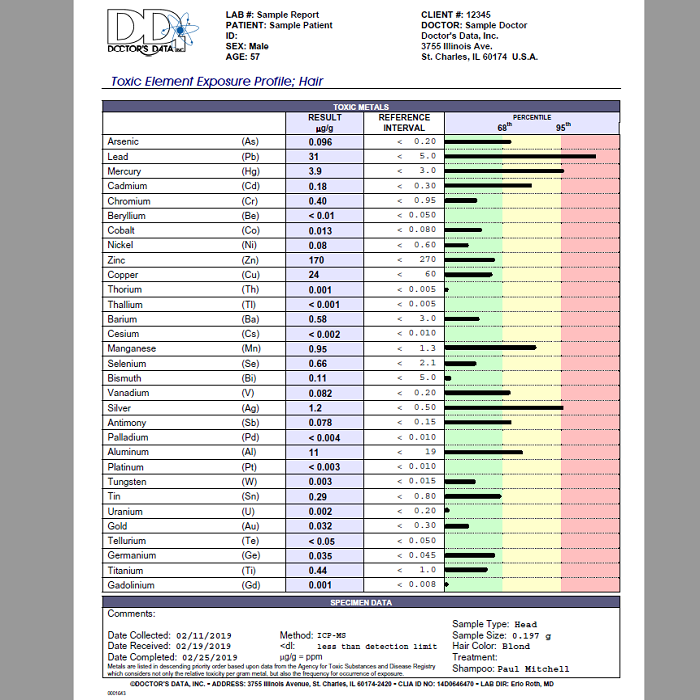
Doctors Data Hair Toxic Elements Test
$159.00$123.00Doctors Data Hair Toxic Elements Test is a noninvasive screening hair test reports an expanded lineup of toxic metals as well as specific nutrient elements.- Buy 2 at $119.00
Doctors Data Hair Toxic Elements Test
At Home Health Tests, Toxic Metals Tests, Hair Tests, Autism Tests, Detox Solutions, Diabetes Solutions, Fatigue Solutions, Memory Loss Solutions$159.00 $123.00Successfully Added to your Shopping CartAdding to Cart... -
←→
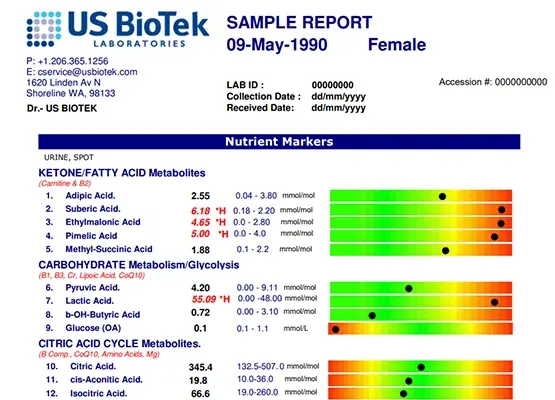
US BioTek Organic Acids Profile Environmental Pollutants Profile
$339.00$269.00A unique biochemistry profile called Organic Acid Test (OAT) can detect alterations in your gut, cellular deficiencies, levels of neurotrasmitters, exposures to mold or fungus and indicate need for specific nutrients, diet modifications and detoxification. Combine the OAT with the Environmental Pollutants Profile (EPP) for a more complete snapshot picture of toxic exposure to environmental chemicals.- Buy 2 at $264.00
US BioTek Organic Acids Profile Environmental Pollutants Profile
At Home Health Tests, Nutritional Tests, Mycotoxin Molds Tests, Autism Tests, Environmental Pollutants Tests, Organic Acids Tests$339.00 $269.00Successfully Added to your Shopping CartAdding to Cart... -
←→
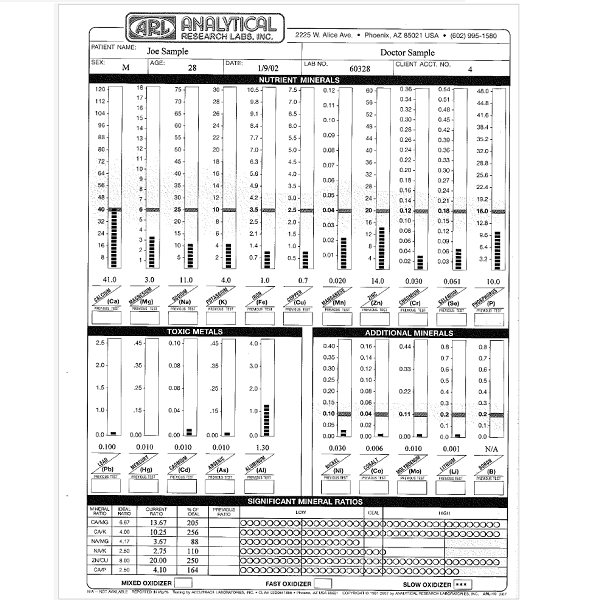
Analytical Research Labs Hair Test
$179.00$149.00Providing a mineral blueprint of one’s biochemistry, an Analytical Research Labs Hair Minerals Test reports levels of minerals and heavy metals in your body giving possible reasons for your symptoms, with suggestions for nutritional supplements and diet changes. Hair tissue mineral analysis can provide pertinent information about balanced nutrition, one’s metabolic rate, energy levels, sugar and carbohydrate tolerance, stage of stress, immune system and glandular activity.- Buy 2 at $145.00
Analytical Research Labs Hair Test
$179.00 $149.00Successfully Added to your Shopping CartAdding to Cart... -
←→
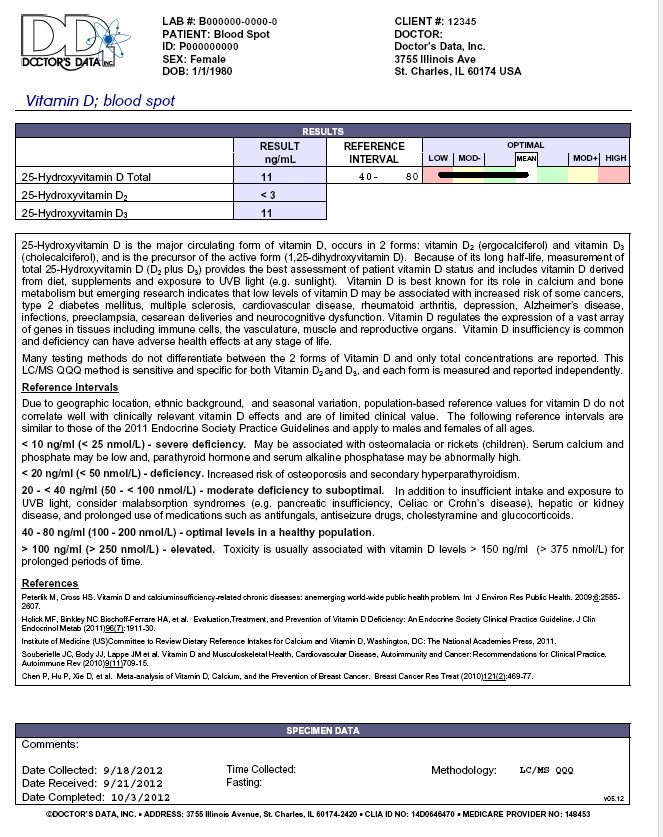
Doctors Data Vitamin D Test Blood Spot
$89.99Find out your Vitamin D level now with an at home Doctors Data Vitamin D Blood Spot Test. With a simple finger prick blood test, you can know your levels of Vitamin D and adjust your diet and lifestyle to make your Vitamin D levels normal.- Buy 2 at $85.00
Doctors Data Vitamin D Test Blood Spot
At Home Health Tests, Blood Spot Tests, Immune System Tests, Vitamin Tests, Immune System Solutions, Heart Solutions, Bone Solutions, Virus Solutions, Arthritis Solutions, Anxiety, Stress, Depression Solutions$89.99Successfully Added to your Shopping CartAdding to Cart... -
←→
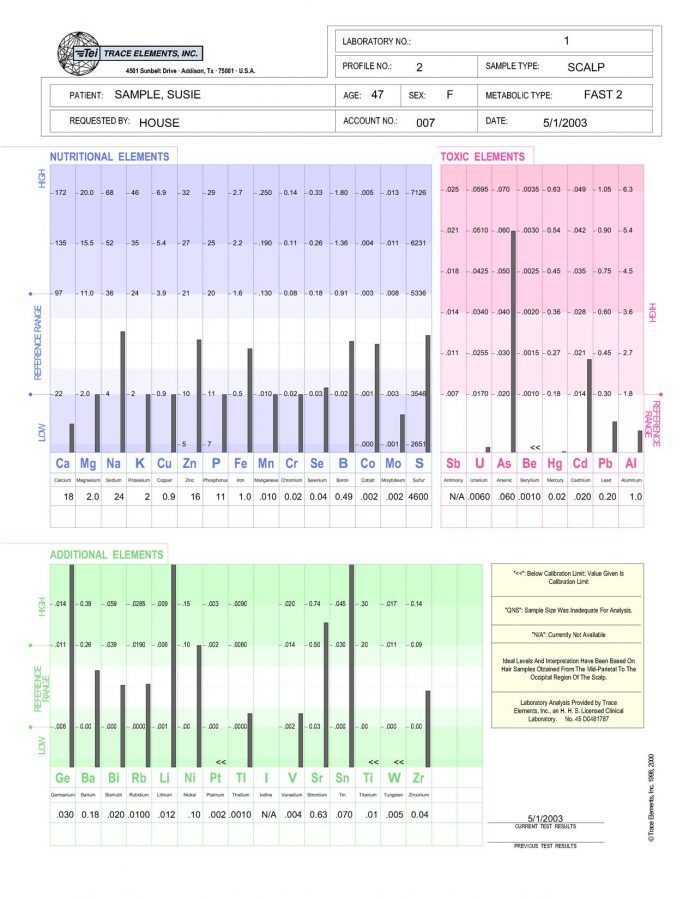
Trace Elements Nutritional Deficiencies Hair Test
Nutritional Tests, At Home Health Tests, Toxic Metals Tests, Hair Tests, Autism Tests, Immune System Tests$188.00 $148.00Successfully Added to your Shopping CartAdding to Cart... -
←→
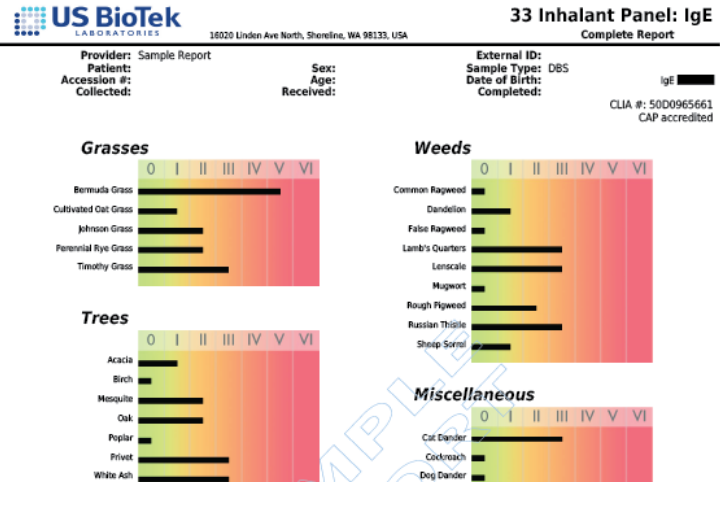
US BioTek 33 Inhalent Allergy Panel Bloodspot
Blood Spot Tests, Allergy Solutions, At Home Health Tests, Mycotoxin Molds Tests, Immune System Solutions, Lung Solutions, Allergy Tests, Immune System Tests$249.00 $209.00Successfully Added to your Shopping CartAdding to Cart...
Supplements
-
←→
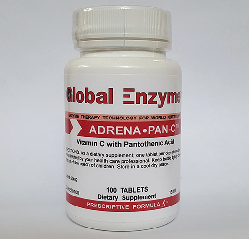
Adrena Pan-C
$17.50Combat stress and anxiety with the power of science. This unique blend includes adrenal and spleen nucleic acids as well as key components of vitamin C and coenzymes crucial for adrenal function. Adrena Pan-C supports your body's natural adrenal response. It's especially beneficial for those who get tired when stressed, or who have poor dietary habits. -
←→
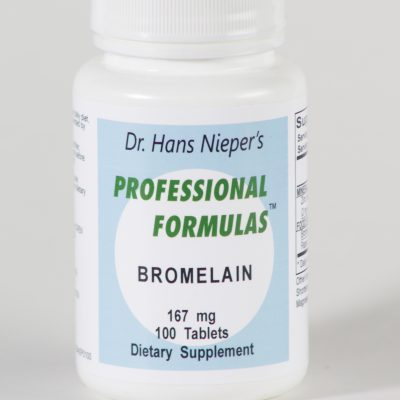
-
←→
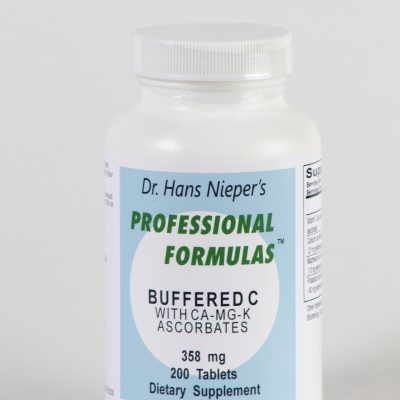
Buffered C with Calcium, Magnesium & Potassium
Supplements, Vitamin Supplements, Skin Solutions, Constipation Solutions, Cancer Solutions, Immune System Solutions$11.70Successfully Added to your Shopping CartAdding to Cart... -
←→
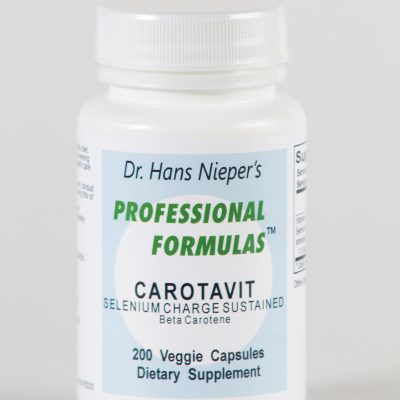
Carotavit with Selenium Charge Sustained
$23.40Successfully Added to your Shopping CartAdding to Cart... -
←→
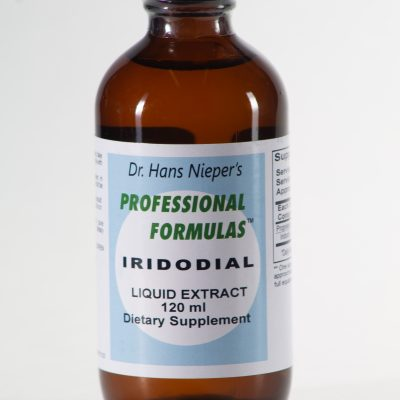
Iridodial Liquid Extract
Supplements, Diabetes Solutions, Cancer Solutions, Inflammation Solutions, Arthritis Solutions, Immune System Solutions, Immune System Tests$65.60Successfully Added to your Shopping CartAdding to Cart... -
←→
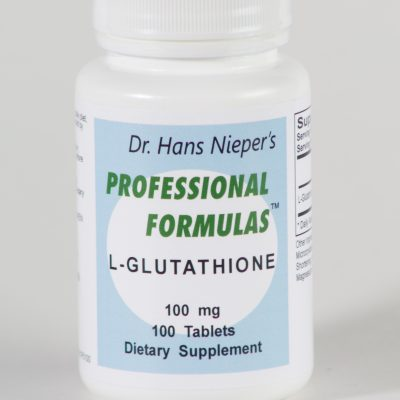
L-Glutathione
$39.00L-Glutathione (GSH) 100 TabletsMaximum quantity exceededMinimum purchase amount of 0 is requiredL-Glutathione
Supplements, Autism Solutions, Detox Solutions, Heart Solutions, Immune System Solutions, Nerve Damage Solutions, Digestive Solutions$39.00Successfully Added to your Shopping CartAdding to Cart... -
←→
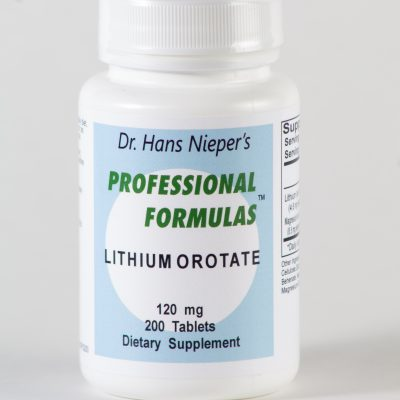
Lithium Orotate
Supplements, Mineral Supplements, Autism Solutions, Digestive Solutions, Nerve Damage Solutions, Immune System Solutions$16.30Successfully Added to your Shopping CartAdding to Cart... -
←→
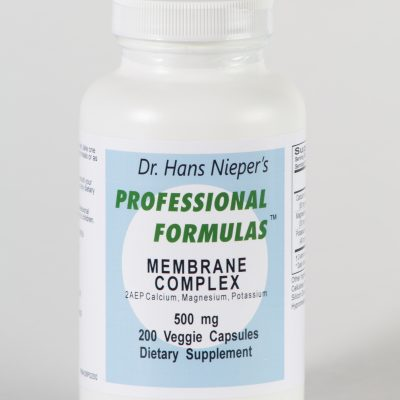
Membrane Complex
Supplements, Mineral Supplements, Heart Solutions, Skin Solutions, Digestive Aids, Bone Solutions, Lung Solutions, Muscle Solutions, Immune System Solutions$15.00Successfully Added to your Shopping CartAdding to Cart... -
←→
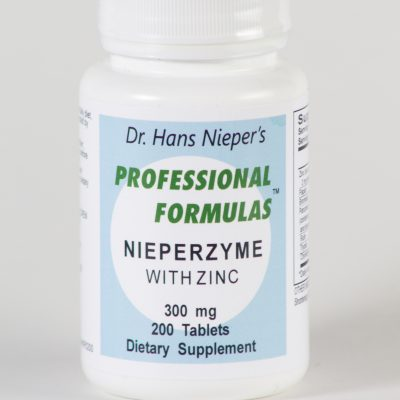
Nieperzyme with Zinc
Supplements, Digestive Aids, Heart Solutions, Digestive Solutions, Bone Solutions, Muscle Solutions, Immune System Solutions$20.40Successfully Added to your Shopping CartAdding to Cart... -
←→
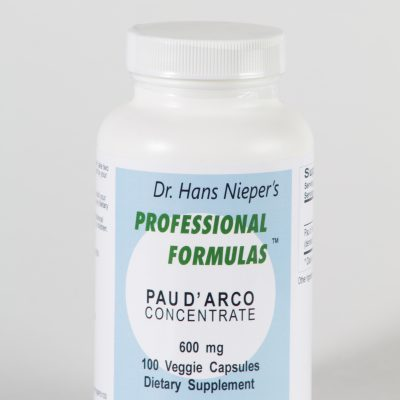
-
←→
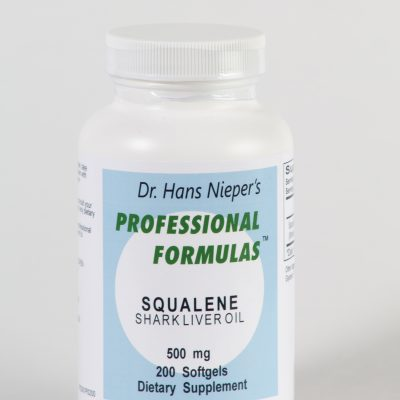
-
←→
